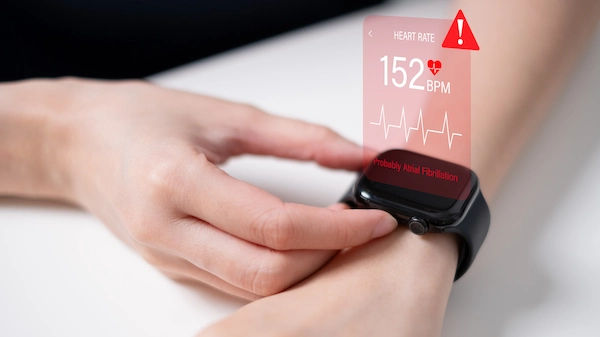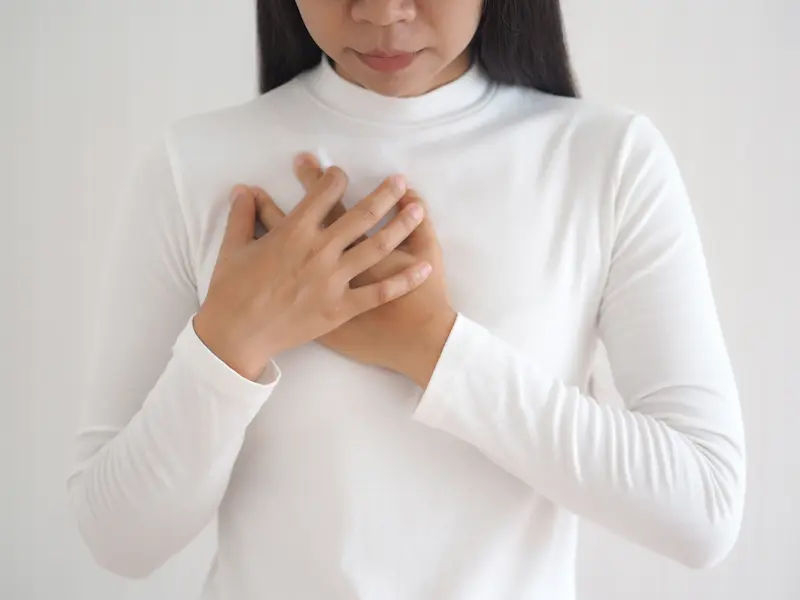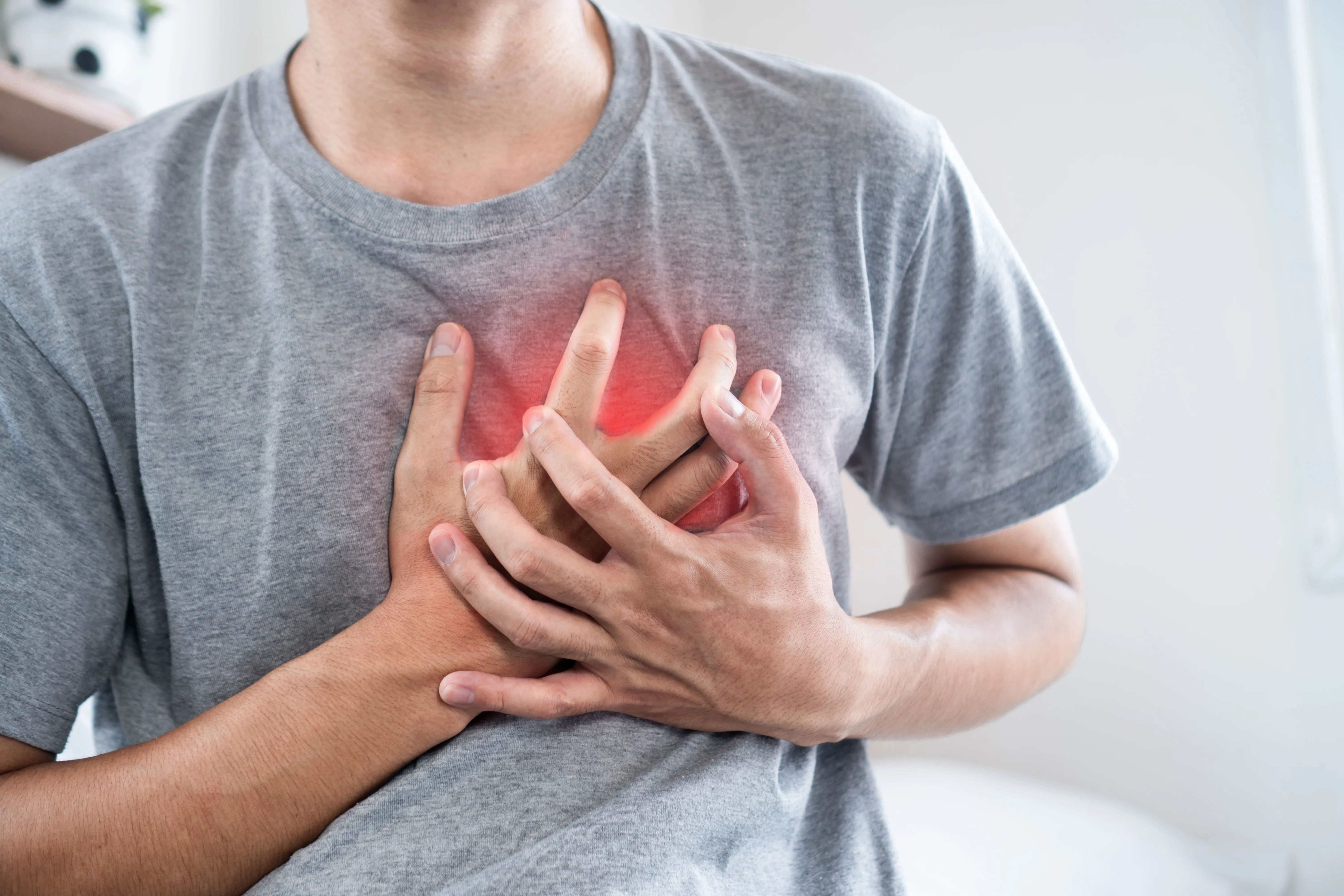- male
- 40 Years
- 29/01/2025
I'm a bit concerned after getting my Holter test results back. It says I had 17 ventricular beats in tachycardia at 100 bpm and no bradycardia, with a sinus tachycardia peaking at 162 bpm just once. The doctors mentioned this might be normal for someone who drinks and smokes, and they advised me to quit both. The test was done because of an irregular pulse. Could you help me understand what all this means and how serious it is?
Answered by 1 Apollo Doctors
The holter test report indicates ventricular beats at 17%, beats in tachycardia (>=100 bpm) at 15%, and no bradycardia. Sinus tachycardia was noted at 162 bpm (maximum only once). It is advisable to quit alcohol and smoking, as advised by your doctors. The irregular pulse may be related to these habits. To help with the irregular pulse, you can take Metoprolol (brand name: Lopressor) 25mg twice daily. This medication can help regulate your heart rate and reduce the occurrence of irregular beats. Regular follow-up with your healthcare provider is recommended to monitor your progress.
Dr. Shubham Suggests...
Consult a Cardiologist
Answered 04/07/2025
0
0

More Cardiology Health Queries
View allI've noticed that when I'm running, my heart rate is pretty slow at about 59 bpm, but when I'm just resting, it shoots up to somewhere between 80 to 90 bpm. Is that normal? It seems a bit odd to me and I'm starting to get worried. Could it mean something's up with my heart health?
A slow heart rate during exercise can sometimes be a sign of good cardiovascular fitness. However, if you are experiencing symptoms such as dizziness, lightheadedness, or chest pain, it's important to consult a healthcare professional. For a faster heart rate at rest, you may consider taking a beta-blocker medication like Metoprolol. The usual dosage for Metoprolol is 25-100mg once or twice daily, as prescribed by your doctor
Answered by 1 Apollo Doctors
My sister's pulse rate is around 120, and she's feeling dizzy. Is this cause for concern? Should we see a doctor, or could this be something normal?
A high pulse rate of 120, especially when accompanied by dizziness, should not be ignored. It is important to consult a doctor for proper evaluation and treatment. In the meantime, you can give her a tablet of Metoprolol (brand name Lopressor) 25mg to help lower her heart rate. Make sure she rests and stays hydrated.
Answered by 1 Apollo Doctors
My uncle is scheduled for CABG surgery this week and we're really worried about it. I've attached the CAG report for reference. Can you explain the benefits and risks of this surgery and what outcomes we can expect? Also, is this technique widely accepted by doctors and patients in India or are there any common issues with it? Would really appreciate your advice.
visit ortho dr for that
Answered by 1 Apollo Doctors
Disclaimer: Answers on Apollo 247 are not intended to replace your doctor advice. Always seek help of a professional doctor in case of an medical emergency or ailment.




